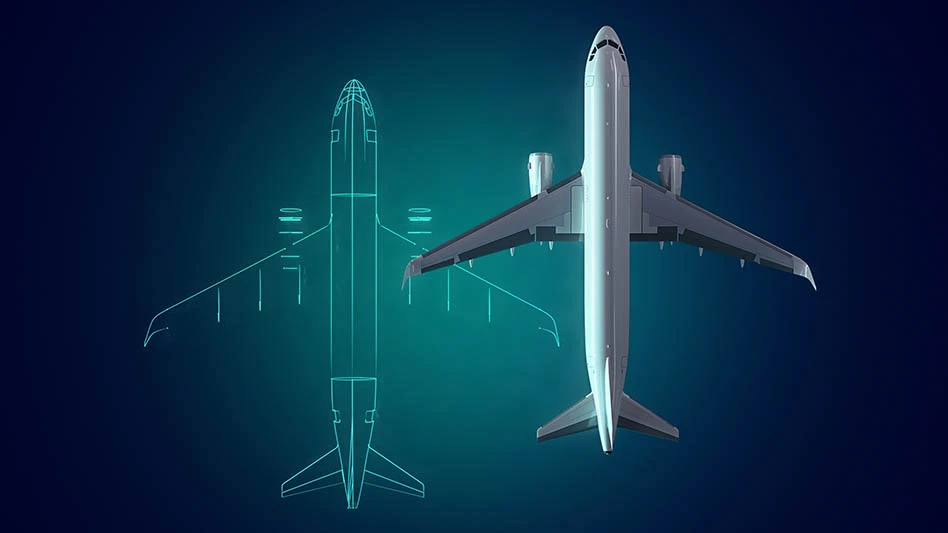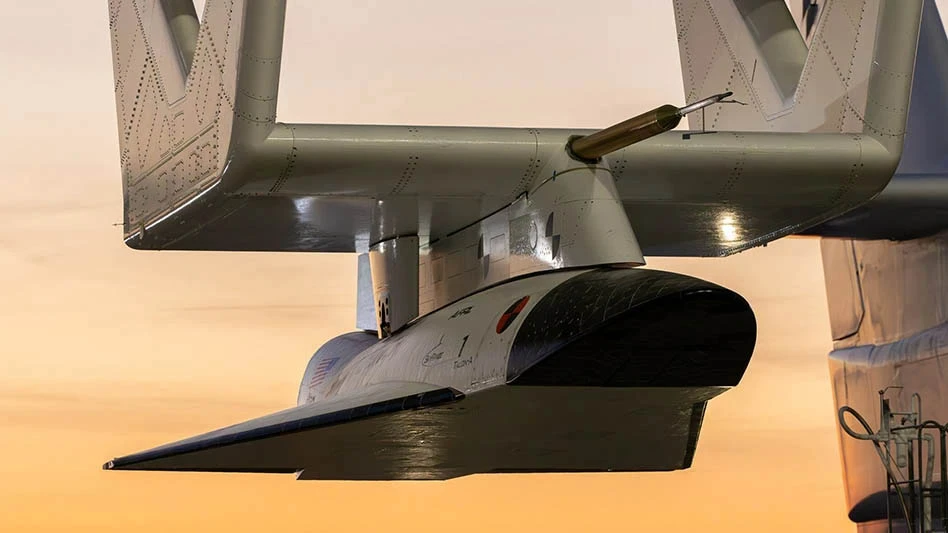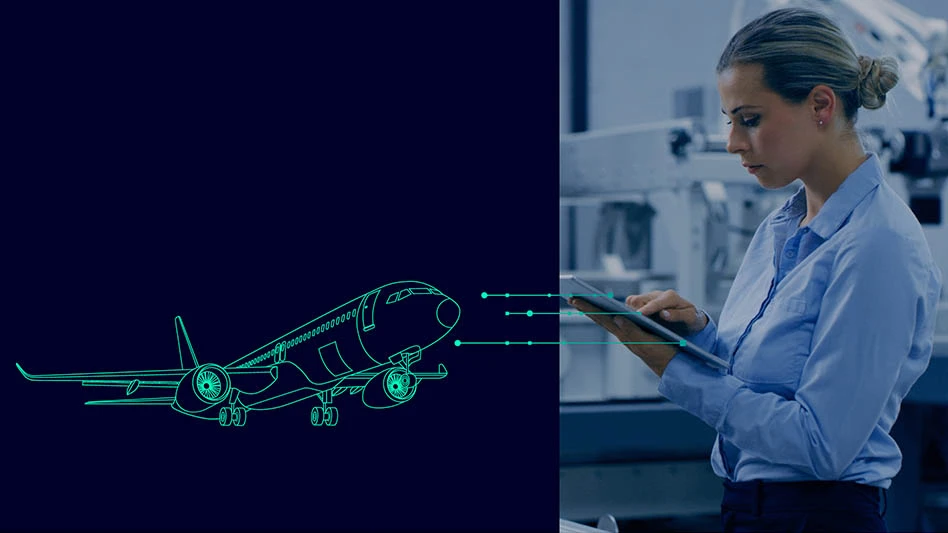
Honeywell
Honeywell has been selected by AIBOT to provide its Compact Fly-By-Wire (cFBW) system to support AIBOT's fully electric vertical takeoff and landing (eVTOL) aircraft. This Honeywell technology will empower the next generation of aircraft avionics and create a sustainable transportation ecosystem for the future.
Honeywell's lightweight cFBW system, the size of a paperback book, provides aircraft manufacturers such as AIBOT greater flexibility in aircraft design without compromising power or safety. The system enables the removal of conventional mechanical linkages controlling the effectors, streamlining maintenance procedures, and reducing costs throughout the entire life cycle of an aircraft.
It also enables seamless remote operation of the aircraft, translating instructions from the aircraft's operator into flight control commands on the aircraft. The system's envelope-limiting feature guarantees safe operations, making it particularly well-suited for stabilizing uniquely designed unmanned vehicles and delivering a stable flying experience.
"Our Compact Fly-By-Wire system is a ready-now solution to advance the future of sustainable flight. It is derived from decades of expertise providing similar systems for commercial airliners," said David Shilliday, vice president and general manager, Advanced Air Mobility, Honeywell Aerospace. "The collaboration will enable AIBOT to realize its vision of creating a sustainable and efficient transportation ecosystem."
The AIBOT aircraft is powered by eight electric motors and will accommodate up to six passengers and a pilot. With maximum takeoff weight of 7,000 lb, the aircraft has a target maximum range of 250 miles and a top cruise speed of 250mph, making it suitable for short-haul use cases between cities and metropolitan areas across the globe. In 2024, AIBOT will kick off the production of fully autonomous heavy unmanned aircraft for cargo, agriculture, high-speed inspection, and medical deliveries. This endeavor shares its system architecture with AIBOT's manned aircraft, for which the inaugural flight will be in 2025. Full product delivery of each aircraft is expected by 2028.
"AIBOT is poised to revolutionize the urban air mobility market by utilizing the latest in cutting-edge, safety-critical computing platforms, particularly those which bolster the high-performance processing needed for the next-gen algorithms we developed," said Jerry Wang, executive chairman, AIBOT. "Collaborating with Honeywell is a huge step forward for us and will help us power the most advanced software-driven aiEVTOL platform."
Honeywell’s Advanced Air Mobility (AAM) business unit has secured contracts worth more than $10 billion since its formation a little more than three years ago. Jim Currier, president and CEO, Honeywell Aerospace, said, “We’re eager to collaborate with companies that share our vision to transform the way we travel and create a more sustainable future for aviation.”
AIBOT is a California-based company with the mission to create an artificial intelligence (AI)-defined, software-driven, ultra-technological, hyper-performing, electric, internet-connected, and autonomous aiEVTOL aircraft and ecosystem.Latest from Aerospace Manufacturing and Design
- Pegasus Airlines orders up to 200 Boeing 737-10 airplanes
- ModuleWorks' 2024.12 software components
- Archer completes construction of high-volume manufacturing facility
- Curtiss-Wright’s NXP 16-Core Arm-based VPX single board computer
- Happy New Year
- 2024 Favorites: #1 Article –2024 Forecast
- 2024 Favorites: #1 News – Honeywell to expand Kansas aerospace manufacturing facility
- 2024 Favorites: #2 Article – Hill helicopters get ready for lift-off





